Nurse Talk Appointment
What to Expect
This appointment is your welcome visit and is required for all expectant mothers. In this appointment your nurse will ask about medical history and you’ll likely get several lab tests done, including but not limited to:
- CBC
- Blood Type and RH
- Antibody Screen
- Syphilis
- Hepatitis B
- Hepatitis C
- HIV
- Rubella
- Urine Culture
- Vaccination Discussions
Routine Visits
Routinely, you will be seen every 4 weeks until you’re 28 weeks pregnant, every 2 weeks until you’re 35 weeks pregnant, then weekly until you deliver. Note: 37 weeks is considered a full-term pregnancy.
Tips
- Take a prenatal vitamin
- Drink plenty of water
- Cut down on caffeine (up to 1 cup per day)
- Avoid uncooked meats or harmful foods
Resources & Forms
Checklist
- Write down questions and bring a list to your first appointment
- Review genetic screening info
- Contact insurance company for benefits
- Confirm Patient Portal access

First Trimester
Weeks 7-12
Initial OB Visit
During this appointment, an ultrasound will be performed then the doctor will complete a full physical examination. Additional tests may be done, like:
- Pap Smear
- Chlamydia/Gonorrhea Check
- MSAFP
- Carrier Screening/Foresight
- NIPS
What's Happening with Your Body
From the size of a mustard seed to a lemon, the baby is developing quickly even if you’re not showing quite yet.
Common Symptoms
- Tender or swollen breasts
- Nausea (“morning sickness”)
- Exhaustion or lack of energy
- Food cravings or aversions
Tips
- Drink plenty of water
- Purchase a belly balm or lotion
- Consider sharing the news with family and friends
- Rest as needed
Checklist
- Watch genetic screening and prenatal info videos
Preventative Care Topics
- Preventative Care Topics
- Vaccines
- Seatbelt Safety
- Weight Gain/Loss During Pregnancy

Second Trimester
Weeks 13-29
Routine Visit
Routine visits will occur every 4 weeks until you’re 28 weeks pregnant, every two weeks until 35 weeks pregnant, then weekly until you deliver. You can expect various tests at each visit:
- Mom’s Vitals
- Mom’s Height/Weight
- Blood Sugar Urine Sample
- Fetal Heart Tone
Common Symptoms
- Mood swings
- Weight gain
- Rashes or dry skin
What's Happening with Your Body
One trimester down, two to go! At 14 weeks, baby is the size of a lemon and is 3-4 inches in length. If you’re lucky, you may be able to see the baby sucking his/her thumb at your next ultrasound. Some women feel like they’ve “popped”, or that their bump has started to show around this time.
Tips
- Drink plenty of water
- Eat a nutrient-rich diet
- Apply lotion on belly
Routine Visit
At your routine visit, you can expect to have your weight checked, vitals taken, a urine sample collected, fetal heart tone checked, and your belly measured.
Common Symptoms
- Belly button turn from innie to outie
- Dark line down abdomen
- Trouble sleeping
- Round ligament pain
What’s Happening with Your Body
Congratulations, you’re halfway there! At this time, the baby is the size of a mango and your uterus is the size of a soccer ball. The sex of your baby is now visible by ultrasound and baby is growing nails on its fingers and toes.
Tips
- Apply sunscreen
- Rest when needed
Examinations & Tests
- Anatomy Scan
- Abdominal Exam
- Early Glucola
Checklist
- Schedule hospital tour
- Pre-register with Rex Hospital
- Sign-up for birthing classes
- Schedule 3-D ultrasound
Routine Visit
At your routine visit, you can expect to have your weight checked, vitals taken, a urine sample collected, fetal heart tone checked, and your belly measured.
Common Symptoms
- Insomnia
- Stretch marks
- Swelling in ankles or feet
- Headaches or migraines
- Restless Leg Syndrome
- Carpal Tunnel Syndrome
What's Happening with Your Body
You’ll be happily surprised to see that your baby finally starts to look like – a baby! By now his/her, eyes, lips, and nose have taken shape. The light flutters will turn into obvious kicks as your baby’s muscles develop and they start moving more and more. Also at this time, the baby will have developed its major organs and will start to hear your voice.
Tips
- Plan a baby shower (optional)
- Start a registry (optional)
- Limit direct sunlight or hot showers
- Avoid overly salted or spicy foods
Routine Visit
At your routine visit, you can expect to have your weight checked, vitals taken, a urine sample collected, fetal heart tone checked, and your belly measured. You can also expect the following tests:
- Glucola Test
- Repeat Syphilis
- 3-D Ultrasound
- Gestational Diabetes Screen
- TDAP Vaccine Recommended
- Rhophylac/Rhogam Shot if applicable
Common Symptoms
- Varicose veins
- Urinary tract infection
- Avoid direct sunlight
What’s Happening in Your Body
By 29 weeks pregnant, your baby weighs 2½ to 3 pounds now and measures 15½ to 16 inches long. The baby still has some pounds to put on these next few months. Baby’s kicks may start to feel more intense or even painful.
Tips
- Take walks and stretch
- Drink lots of water
- Prepare the nursery
Checklist
- Choose a pediatrician
- Schedule repeat C-section (if applicable)
- Purchase a breast pump

Third Trimester
Weeks 30-40
Routine Visit
Routine visits will increase from every 4 weeks to every 2 weeks. Common tests include:
- Repeat CBC
Common Symptoms
- Back aches
- Braxton Hicks Contractions
- Constipation or gas
- Insomnia
What’s Happening with Your Body
By week 30, the baby is the size of an eggplant and is starting to master the art of breathing.
Tips
- Eat plenty of healthy calories
Checklist
- Begin thinking about your delivery plan
Routine Visit
After 36 weeks, you’ll continue seeing the doctor every 1-2 weeks. Common tests include:
- Cervix Exam
- Group B Strep Culture (week 36-37)
- Repeat Gonorrhea / Chlamydia test (per NC law)
Common Symptoms
- Discomfort
- Heartburn
- Trouble sleeping
What’s Happening with Your Body
You’re in the home stretch! At 36 weeks, the baby is the size of a head of romaine lettuce, measuring about 18.7 inches from crown to heel, and gaining up to an ounce of weight per day. At this point, the baby could arrive at any time. You may be experiencing Braxton Hicks contractions, or irregular cramping and pain in your abdomen, – these are normal, but contact your doctor if they are consistently occurring.
Tips
- Rest
- Map your route to the hospital
- Freeze meals
Checklist
- Pack your hospital bag

Postpartum
Routine Visit
- Pelvic Exam
- Breast Inspection
- Incision Inspection
What to Expect Postpartum
Your bundle of joy is finally here! Enjoy these first few weeks with the baby, take it easy as your body heals, and sleep when you can. About 4-6 weeks after delivery you can expect a postpartum appointment to discuss your healing and recovery. It’s very common to feel a range of emotions postpartum. If you’re experiencing depression-like symptoms, please contact your doctor.
Common Symptoms
- Bleeding
- Pain or soreness
- Depression
Resources & Forms
- Birth Control Info
- Pelvic Floor Rehab
- Signs of Depression

